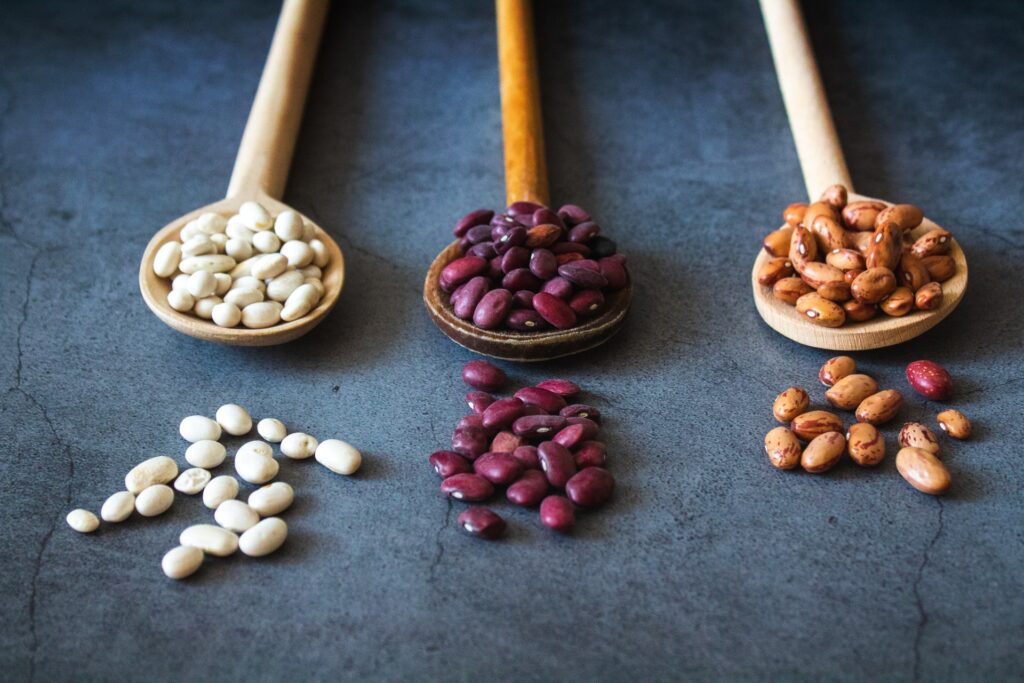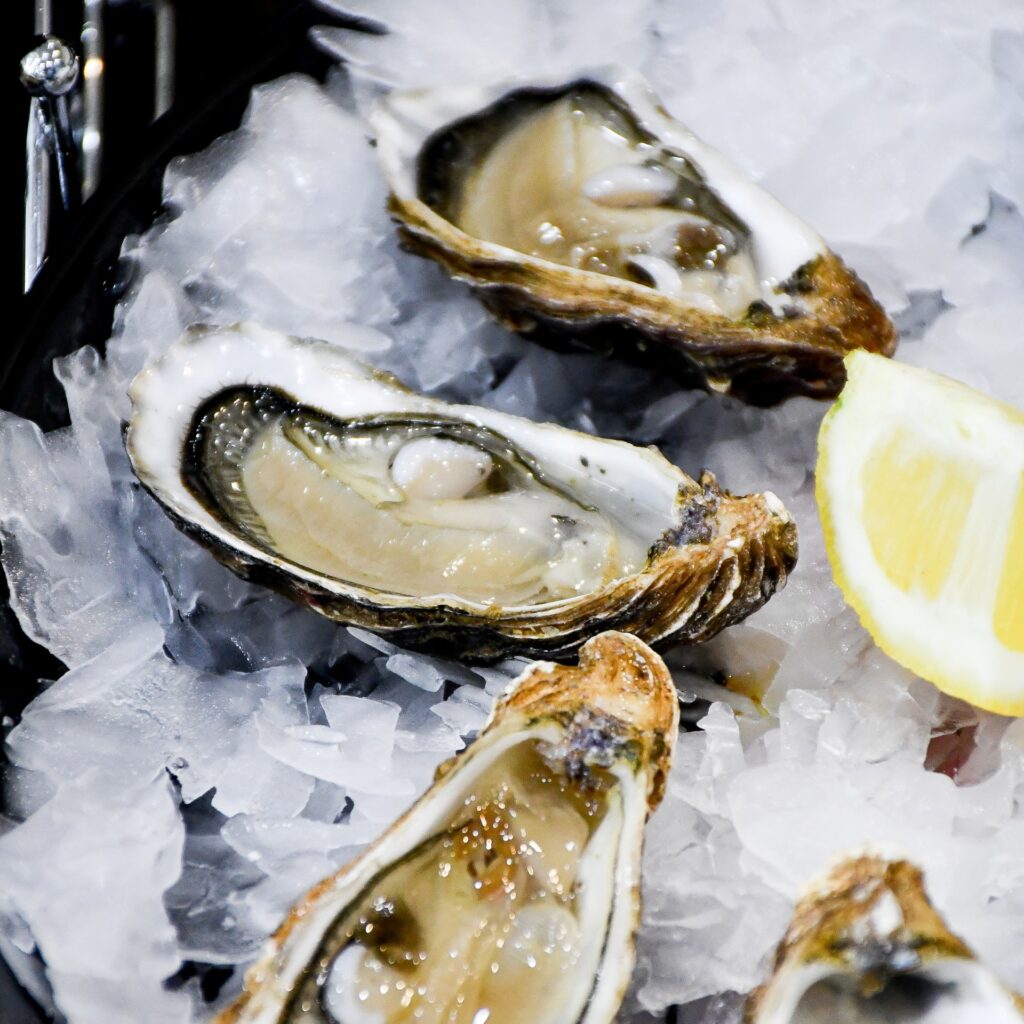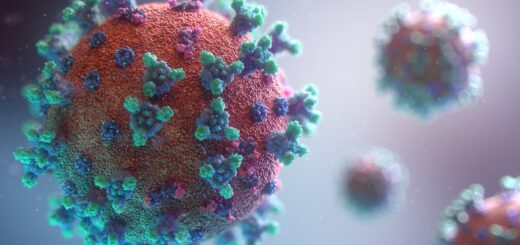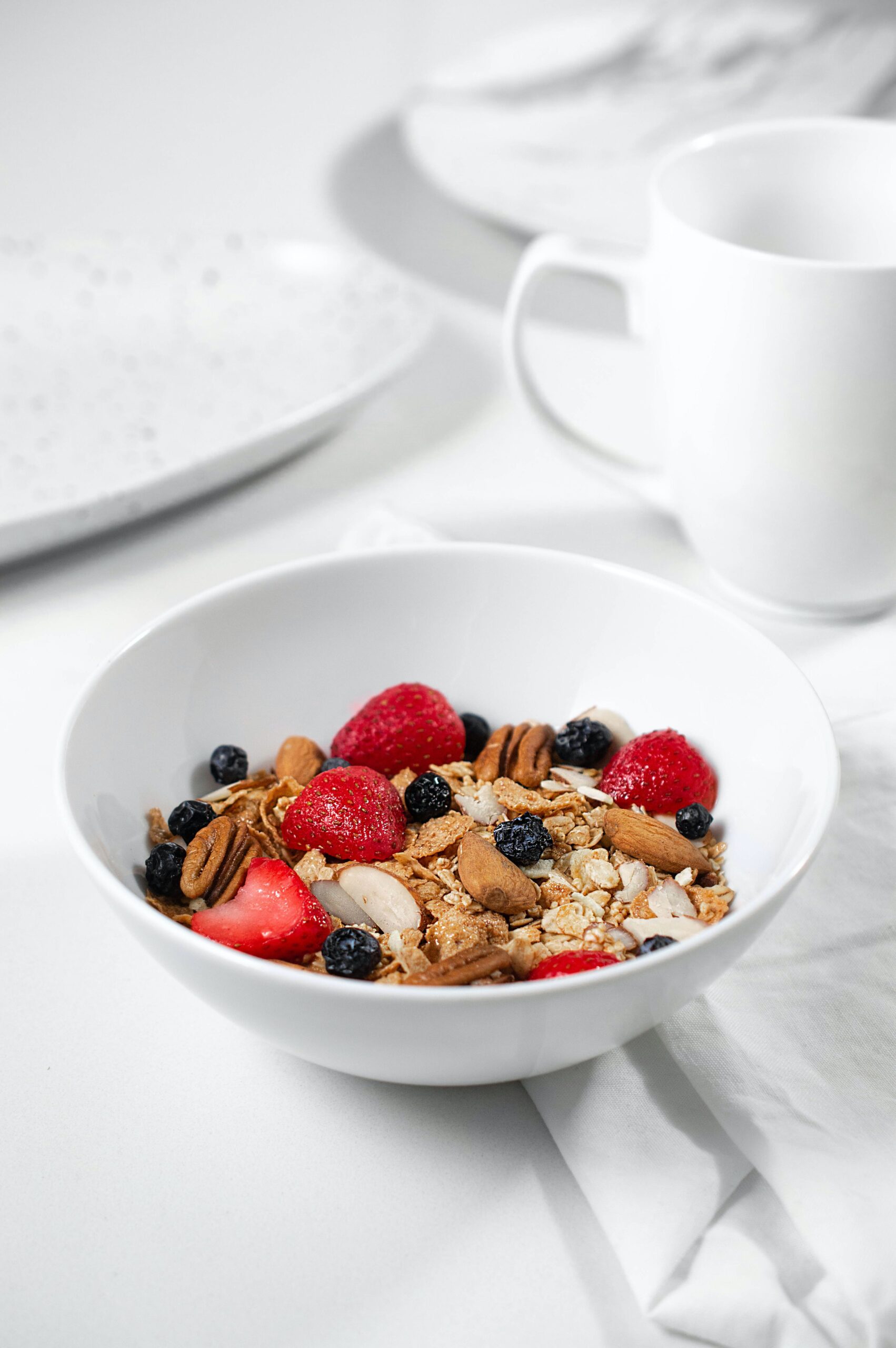4 Reasons Why You Should Zinc
Did You Know?
Zinc is an essential mineral found in food that plays a crucial part in your body systems in the way of supporting the immune system, healing injured tissue, and facilitating enzyme reactions. Most healthy adults do not need additional supplementation because zinc can be found in everyday foods like fortified cereals, seafood, nuts, beans, and dairy products. So, the most common context of zinc supplementation is during a cold, and research has found that zinc can alleviate cold symptoms if taken during the initial onset. Let’s look at 4 health benefits of zinc and 5 ways to start including it in your diet

4 Health Benefits of Zinc
- Boosts the immune system
One of the side effects of a zinc deficiency is an impaired immune system because zinc is required to help your body create cells like T-lymphocytes, macrophages, and natural killer cells that fight off disease-causing pathogens in the body. Therefore, without such cell production, a weak immune system is vulnerable to disease and unable to recover quickly after an illness.
2. Help with wound healing
Topical zinc (zinc oxide) is what is preferably used for wound healing and considering zinc’s ability to influence cellular mechanisms, healing damaged tissue is another impressive benefit. A study published in The International Journal of Tissue Repair and Regeneration examined subjects with leg ulcers and reported that zinc reduced “superinfections and necrotic material” while stimulating the regrowth of new tissues. The study was able to prove the ability of zinc oxide to protect, soothe and repair the skin.
Read here about how Aloe Vera has also been proven to help with wound healing

3. Supports metabolism and growth
Zinc’s ability to support cell metabolism and growth is especially important during childhood, adolescence, and pregnancy. Although zinc deficiency is not common in the United States, side effects are still significant in the form of diarrhea, loss of taste and smell, abnormal development, fatigue, weight loss, and decreased immunity. It is also important to note that some populations could be at risk for deficiency such as those with GI issues, vegetarians, older adults, pregnant and lactating women, alcoholics, and those with sickle cell disease. It is important to speak with your doctor about your health to decide the best solution for you
4. Shorten symptoms of illness
Zinc’s proposed benefit during illness is supported by its biochemical makeup. According to an article published in the Journal of the American Pharmacist Association,zinc has a biochemical way of inhibiting the binding of rhinovirus cells to our nasal epithelial cells. A study published in The Open Respiratory Medicine Journal reported that zinc lozenges helped alleviate the duration and severity of illness. The participants who took zinc lozenges greater than 75mg doses had relief from their colds vs those who took less than 75mg. The study also concluded by expressing the need to specify which dose would be ideal to optimize and standardize treatment.

What Should You Do About It?
First, talk to your doctor. Especially if you have a medical history or take medications like antibiotics and diuretics. Zinc is a common nutrient found in food and according to Mayo Clinic, zinc deficiency is not common in the United States. Additionally, high doses of zinc can also lead to copper deficiency, which has side effects like fatigue, easy bruising, numbness in limbs, and brittle bones.

How To Make It SMART
SHORT- Take note of the zinc in your everyday foods because the best way to prevent nutritional deficits is to have a healthy balanced diet. In the U.S., zinc deficiency is not common. However, it is important to be aware of this important vitamin and whether your foods help you meet the requirement. According to Mayo Clinic, the recommended daily intake of zinc is 8mg for women, and 11mg for men. Also, since it is used as a cold remedy, take zinc when you feel like you might be getting a cold. This might be the only time you supplement with zinc
MEASURABLE- This is based on what you are using zinc for. Unless malnourished or living in the developing world, most people get zinc in their diets. Therefore, zinc is commonly used as a remedy for cold symptoms instead. So, take note of whether you have shorter symptoms after you have taken zinc and monitor how you recover
ATTAINABLE- Is this something you want to implement consistently? Is it possible to change? Unless you are unable to get your daily nutrients, zinc is in most foods we eat like beans, meats, nuts, fish, whole-grain cereals, and dairy products.
REASONABLE- Is it possible to implement? Can you start to include zinc in your diet? The answer is yes, and you already do.
TIMELY- As I mentioned, the recommended daily intake of zinc is 8mg for women, and 11mg for men. So, while you might not need to take extra zinc, try and find out how much you already take in your diet. Beware of zinc side effects because too much of a good thing can be bad.
As always,
Love yourself in health, one day at a time



